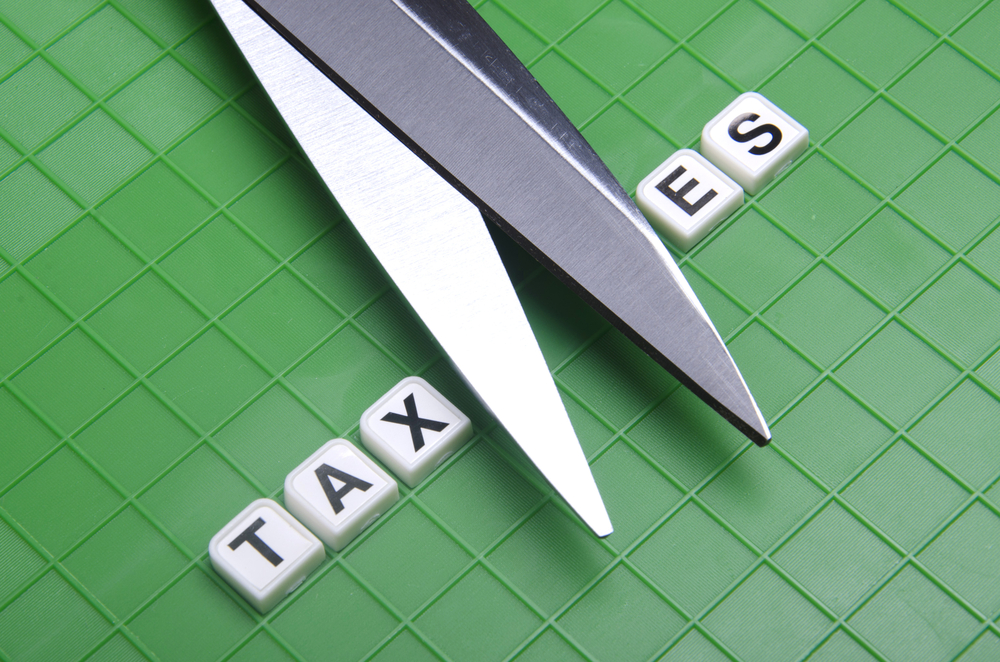THE CHANGES
Australian and foreign residents should be aware that as of 1 July 2017, the government has introduced changes to the Foreign Resident Capital Gains Withholding (“FRCGW”) tax rate and threshold. With an intention to crack down on foreign investors evading tax obligations, the changes include:
- the significant reduction of the threshold to any real property disposal of $750,000 or more; and
- an increase to the withholding rate to 12.5%.
The FRCGW regime will apply to all contracts entered into on or after 1 July 2017, regardless of whether they are pursuant to a pre-existing option.
ASSETS INCLUDED IN THE CHANGES
The proposed changes will apply to the following asset types:
- taxable Australian real property with a market value of $750,000 or more:
- vacant land, any buildings, commercial premises
- mining, quarrying or prospecting rights where the material is situated in Australia
- lease premiums paid for the grant of a lease over real property in Australia
- indirect Australian real property interests in Australian entities whose majority of assets consist of the above asset types; and
- options or rights to acquire any of the above asset types.
HOW DOES THIS IMPACT YOU?
The changes have a number of implications that will impact Australian residents. All persons are regarded as a foreign resident until proven otherwise. The onus is therefore on every person who sells real property in Australia worth $750,000 or more to obtain a ‘Certificate of Clearance’. This certificate will ensure that Australian residents are not required to incur the 12.5% withholding rate.
If no valid clearance certificate is obtained by settlement, the purchaser must withhold 12.5% of the market value of the property from the vendor and remit this amount to the Australian Tax Office. The liability to withhold this amount ultimately lies with the purchaser and penalties can be incurred for any failure to do so. It is therefore essential that both parties to a transaction are aware of their obligations in ensuring that a clearance certificate is obtained.
WHAT YOU NEED TO DO
When deciding to sell a property with a purchase price of $750,000 or more it is advised that you apply for a FRCGW Clearance Certificate. The Australian Tax Office provides that the application process will take no longer then 14 days once they have received the request; however it is advised to obtain the certificate as soon as you have decided to sell.
The ClarkeKann Property & Projects team can assist you with obtaining FRCGW Clearance Certificates along with all other aspects of property transactions.


